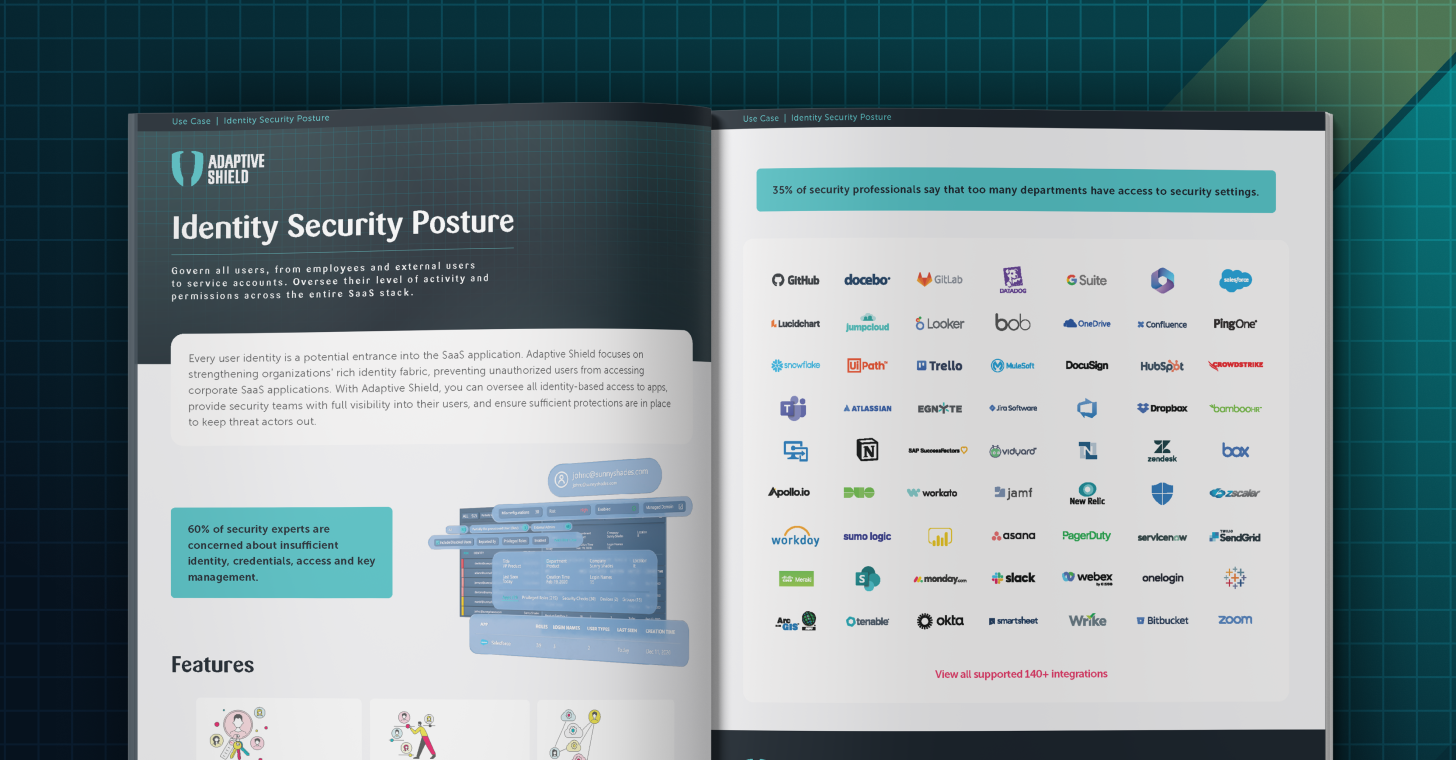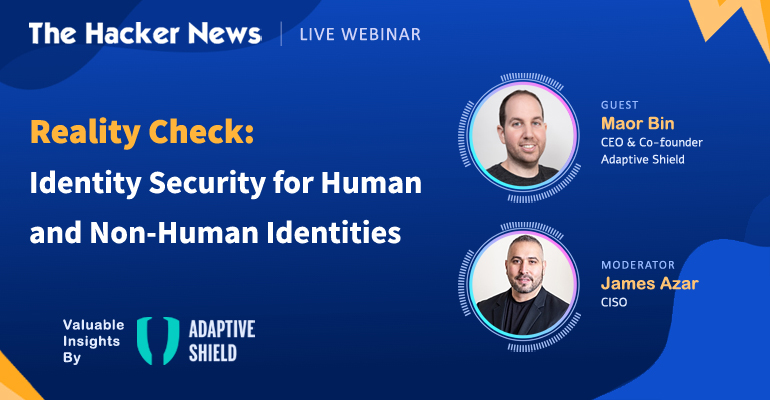An Identity Provider (IdP) is a trusted service that manages and verifies user identities within a system or across multiple applications. It serves as a central authority for authenticating users and granting them access to authorized resources. In other words, the IdP acts as a gatekeeper, ensuring that only authenticated and authorized users can access protected data and services.
How an IdP Security Solution Works
An IdP security solution employs a standardized authentication protocol, such as Security Assertion Markup Language (SAML) or OpenID Connect, to facilitate secure user authentication and access control. Here’s a simplified overview of the process:
User Authentication
When a user attempts to access a protected resource or application, the IdP security solution verifies the user’s identity. This verification process can involve various authentication factors, including passwords, biometrics, or multi-factor authentication (MFA).
Authorization and Access Control
Once the user’s identity is authenticated, the IdP security solution determines the user’s access rights and permissions based on predefined policies and roles. It ensures that users can only access resources and perform actions that align with their authorized privileges.
Single Sign-On (SSO) Capability
An IdP security solution often includes a Single Sign-On (SSO) feature, allowing users to authenticate once and access multiple applications or services without the need for repeated logins. SSO enhances user convenience while maintaining security standards.
Benefits of an IdP Security Solution
Enhanced Security and Centralized Identity Management
IdP security solutions provide a centralized authentication mechanism, reducing the risk of unauthorized access and identity-related attacks. By implementing strong authentication factors and access control policies, organizations can better protect their sensitive data and resources.
By centralizing user identity management, an IdP security solution simplifies administrative tasks related to user provisioning, deprovisioning, and managing access rights. This centralized approach enhances efficiency, reduces administrative overhead, and ensures consistent security policies across the organization.
Simplified User Experience
With SSO capabilities, users experience streamlined access to multiple applications, eliminating the need for remembering and managing multiple credentials. This not only enhances user convenience but also reduces the likelihood of weak passwords or password reuse.
Scalability and Flexibility
An IdP security solution can accommodate the evolving needs of organizations, whether they operate in a cloud environment or have a hybrid infrastructure. It offers scalability to handle growing user bases and flexibility to integrate with various applications and systems.
Compliance and Auditing
IdP security solutions often provide auditing and reporting capabilities, allowing organizations to monitor user activities, access patterns, and compliance with security policies. This helps in meeting regulatory requirements and enables swift detection of suspicious or unauthorized activities.
Limitation of IdP Solution
IdP solutions are critical in SaaS security. However, organizations should be aware that they are limited to human accounts and do not help secure non-human accounts. Non-human accounts must be monitored through a user inventory, as they often have a wide range of access and do not have security controls like MFA in place.




















